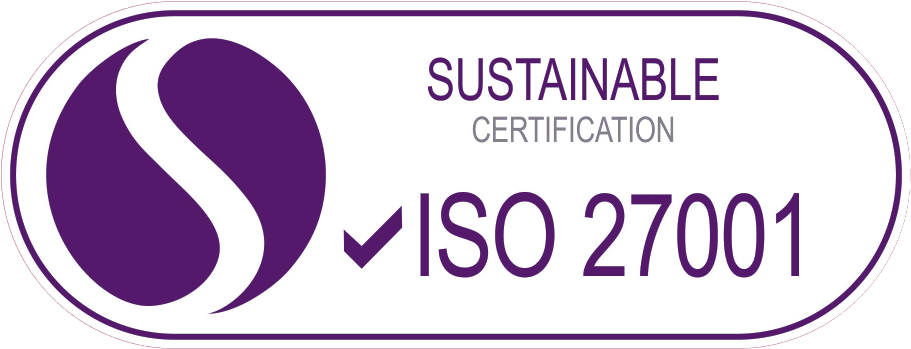Let’s consider a scenario. You’ve hurt yourself outside of work and you’ve made a claim on your income protection insurance. You’re receiving income protection payments now. Are your income protection payments taxable? Read on to learn more about income protection insurance.
Sometimes people don’t even know if they’re paying income protection insurance. Have you been paying for income protection insurance in Australia? If you have recently had an accident that has restricted your ability to work, you may be able to claim income protection payments.
What is income insurance? What is the relationship between income protection insurance and ATO?
Fear not my injured or sick friend, in this article we will walk through everything we need to know about your income protection payments, tax and GST so you can rest at home comfortably and reassured. Worry about getting back to health, not your finances.
What Is Income Protection Insurance
Well we mostly know what insurance is, right? Insurance is a legal contract when you pay a company, or third-party entity, a fee on a periodic basis and if in the case of an accident, they share some of the liability.
In the case of income protection insurance, you will usually pay a fee once a month so that in the event you are unable to work, the insurance company will pay you income protection payments. This allows you to stay financially comfortable. You should see a professional insurance company for your income protection insurance purposes, or speak to your superfund.
Does Income Protection Insurance have GST?
Do not worry, you do not have to pay GST on your income protection insurance or the payments you will receive in case of an accident. This includes if you have an ABN and are registered for GST.
Income insurance, life insurance and health insurance are all financial services. This means you don’t have to pay Goods and Services Tax (GST) on them.
Are Income Protection Premiums Tax Deductible?
Are you wondering; “can I claim income protection on tax deductions?” Good news for you, because you absolutely can! Your insurance premium is a tax deduction, so the financial burden of paying the premiums is easier for you. Make sure you include your income protection insurance in your tax deduction this year.
Are Income Protection Payouts Taxable?
Unfortunately, yes your payouts/payments from your income protection insurance is still considered income. Income protection payments are taxable. You will have to declare your situation to the ATO. However, there are two different situations which will change if you pay tax or not:
- Outside of Super: If you are paying for income protection insurance outside of your super, your payouts will usually be taxed at the marginal rate if your benefits are to replace lost income and your premiums.
- Inside of Super: If you’ve been paying your premiums within your superfund plan, trustees will normally apply and withhold PAYG tax from payouts.
A Reminder: If you are claiming multiple different benefits from the same incident/accident, most likely the benefits paid as an ongoing stream for your income replacement purposes are tax assessable.
How Is Income Protection Taxed Within A Super Plan?
Income protection insurance is taxed differently than a standalone policy. It is a good deal more complicated. There are two things you should be aware of with your super income protection plan:
- You will more than likely not be able to claim tax deductions on your premiums outside of your superannuation, and
- The trustee of your super fund will apply withholding tax to benefit of any insurance payout.
What If You Are Self-Employed?
There is an exception to the in-super tax rule if you are self-employed. Usually, if you are self employed you are also able to claim your income protection insurance as tax deductions. Because these premiums can be paid straight from before-tax superannuation contributions, this might work out to be an effective tax strategy. The best way to work this out is with a qualified tax accountant.
Are You Taxed On Lump-Sum Income Protection Payments?
Yes, you are almost always taxed on lump-sum payments. You must declare the lost wages you have incurred to the ATO as well as the lump-sum payment you have received. They will work out your tax based on the marginal rate. For a detailed tax rundown, contact a professional.
The instance where you don’t have to pay tax on your lump payment is if you are awarded that money in a personal injury claim in a courtroom. You do not have to pay tax for compensation.
Maximising Your Tax and Income Protection Payouts With an Online Tax Agent!
Don’t leave it until it is too late. The point of income protection insurance is to make sure you are protected before the accident happens. A professional will be able to enlighten you to the best decision to maximise your tax return, and ensure you have the correct cover for your income protection insurance.
The more you deduct, the less tax you pay and the more money you can spend on yourself. Clearly, you will want to deduct the most you can, and the sure-fire way to do that is with an online tax agent. If you can claim your tax agent/tax return fee back on tax, why wouldn’t you use one to minimise your tax?
One Click Life fast offers online tax returns at your fingertips in an easy-to-use platform run by industry professionals.
Taxes, health insurance, and wills can be time-consuming and tedious. Our app allows you to be able to do this fuss-free, giving you a simple way to organise, track and manage all of your life admin in one place.
Let One Click Life take care of your tax return, and life’s essential tasks so you can spend more time doing the things you love.


